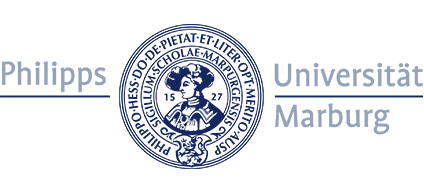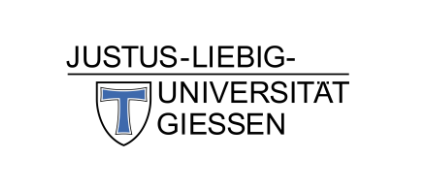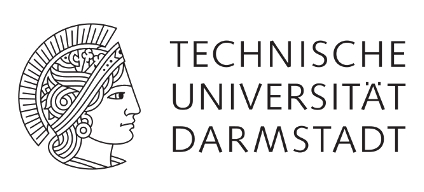Hauptinhalt
Computational models of perception and action: from visual attention to heuristics
Understanding the relationship between brain, mind, and behavior likely will require computational, algorithmic, and implementational descriptions. The promise of computational models of human cognition is to explain and predict human behavior in terms of information processing. Over the last decades, a sizeable number of studies have been successful in providing such explanations for a variety of perceptual, cognitive, and decision tasks by carefully analyzing the uncertainties that humans have to deal with in an ambiguous world. This talk will present recent results from behavioral experiments with human participants and computational models that are aimed at understanding the relationship between how we use our visual system to learn about our surroundings and how we use that information to guide our actions. Experimental paradigms range from psychophysical investigations of eye movements to visuomotor scenarios that have commonly been interpreted as hallmarks of fast and frugal heuristics. Central aspects will be formal models of learning, quantifying inherent uncertainties with probabilistic methods, and the balancing of internal behavioral costs and external task costs.
Veranstaltungsdaten
06. Juni 2018 16:15 – 06. Juni 2018 18:00
Termin herunterladen (.ics)
Department of Psychology, Gutenbergstr. 18, Dekanatssaal
Referierende
Constantin Rothkopf, TU Darmstadt


